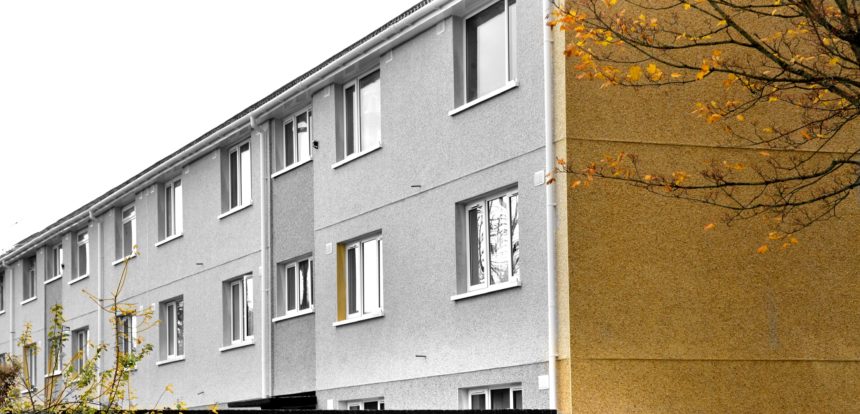
Pebbledash and insulation – do they work?
Whilst pebbledash is not the most fashionable finish these days, we do still get some requests for it, particularly in combination with insulation. Some installers have been creating the impression however that pebbledash cannot be installed on insulation. In this blog we are going to look at what you can and can’t do with pebbledash!
 Sand Cement and modern Pebbledash
Sand Cement and modern Pebbledash
There are a few different types of pebbledash and different ways to install them. Old fashioned pebbledash, which can be seen on properties up and down the country, is a very simple sand cement mix, with the stones applied to the wall in 2 simple steps – a one coat application of the render, and then the dash application. The render is typically more than an inch thick, and in some cases much thicker. It is durable and effective, but the system is liable to cracking due to the one coat style of application and the material used.
Modern dash systems have a few more stages. There is a base coat with a fibreglass mesh sunk into it (something which is not possible with sand cement), and then a dash receiver, specially designed to hold the dash when it is applied. This means that they are much more flexible and resistant to cracking and are more lightweight.
Insulation systems with pebbledash
Despite what you might think, there are systems out there that will allow you to pebbledash them. Whilst adding sand cement would add too much weight to the insulation, modern dash systems are much lighter, and system manufacturers like K-rend offer a pebbledash system which is compatible with the insulation.
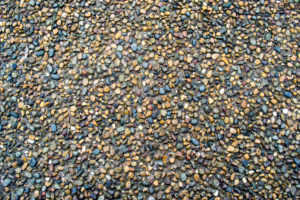
Differences in installation method
Installing pebbledash on insulation involves a bit more work than a typical mineral or silicon render. There are extra steps in the process, a difference in the skillsets required for installers and more expensive materials. The process is a bit longer as well, which all adds up to increased cost for the customer.
We would suggest that a typical EWI and pebbledash installation will set you back around £130 per square meter on average, which is 20-30% more than a standard render option. In our opinion, pebbledash is only really worthwhile if you are trying to get your property to match others on the street, or if you are having to meet certain planning constraints. It probably doesn’t have any particular benefits over other modern render systems to warrant the extra cost. There are plenty of customers who still need their property to have that pebbledash finish however!

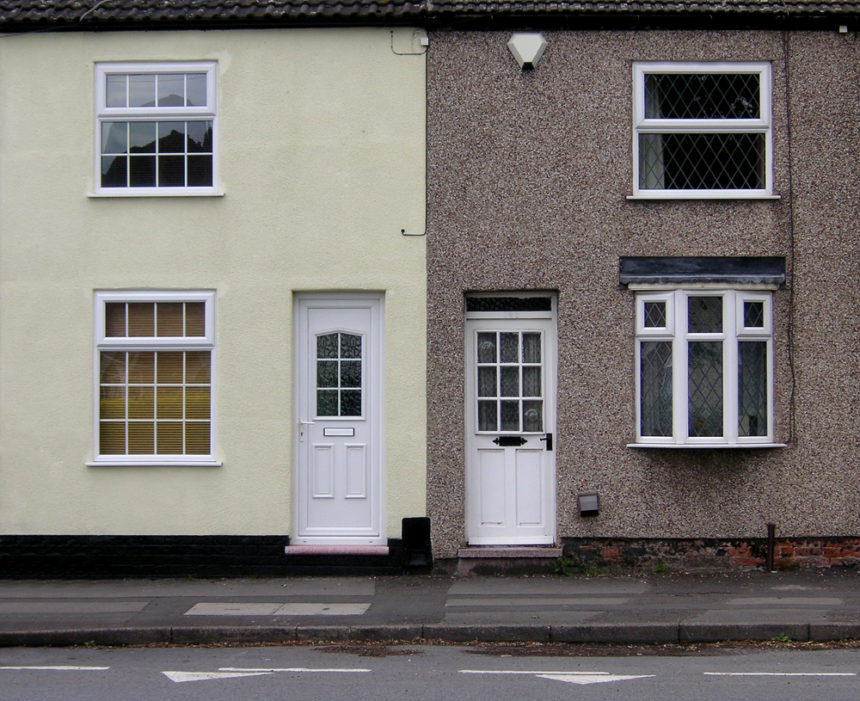

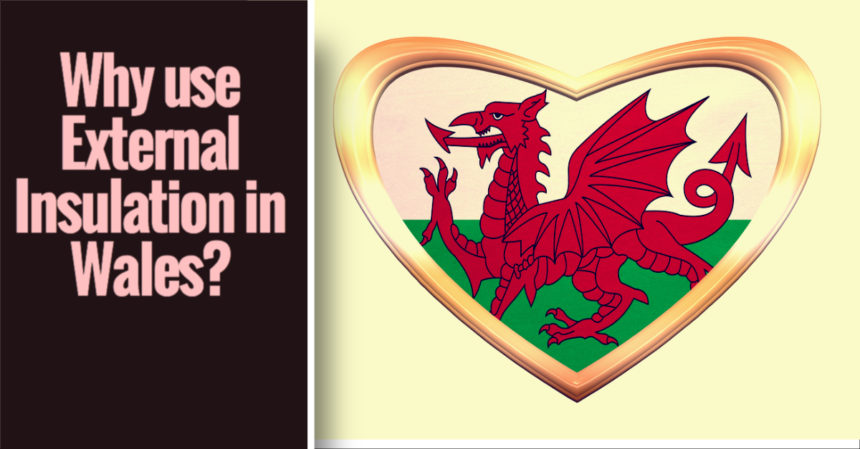
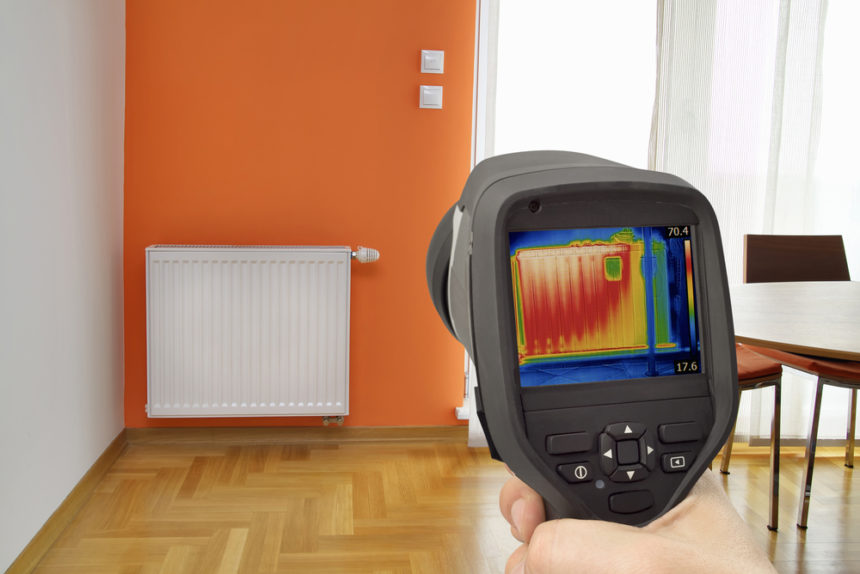

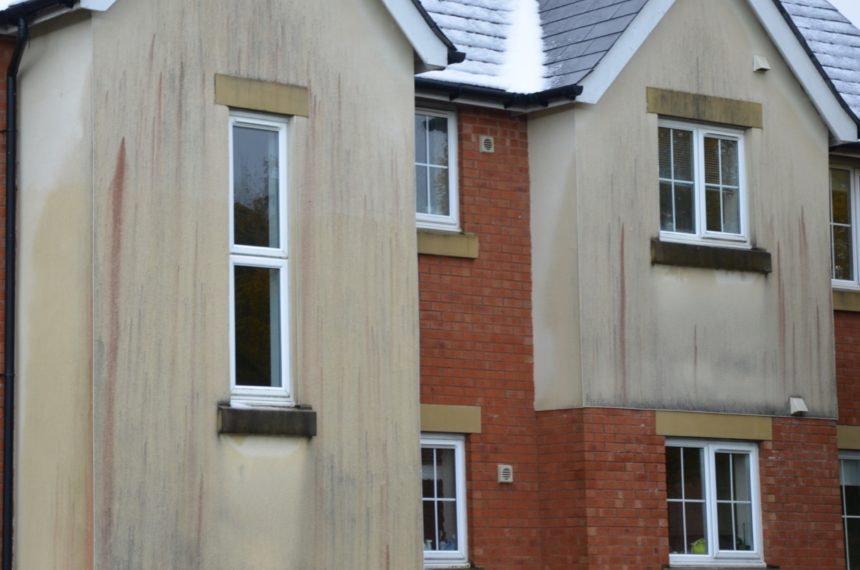
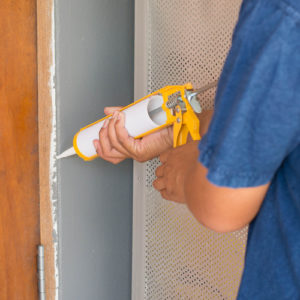
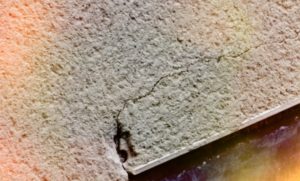
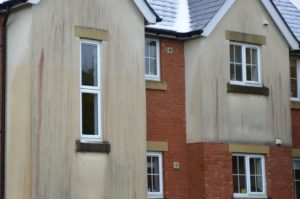
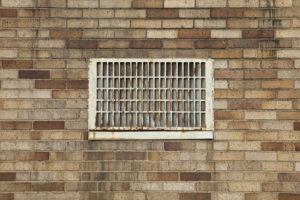
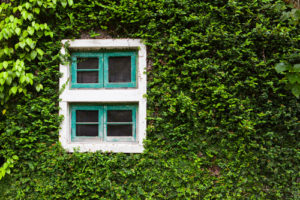 Any plants should be kept at least 10 inches away from the wall, which will help prevent any dirt or organic material building up on the wall.
Any plants should be kept at least 10 inches away from the wall, which will help prevent any dirt or organic material building up on the wall. 




